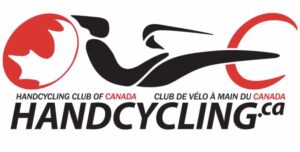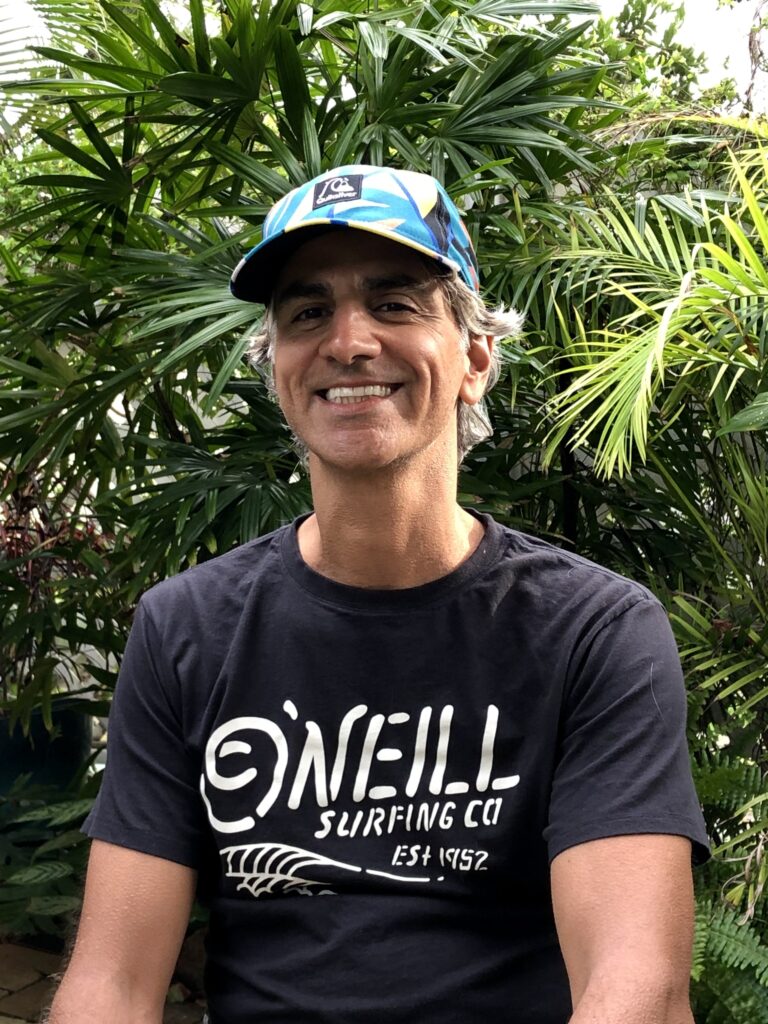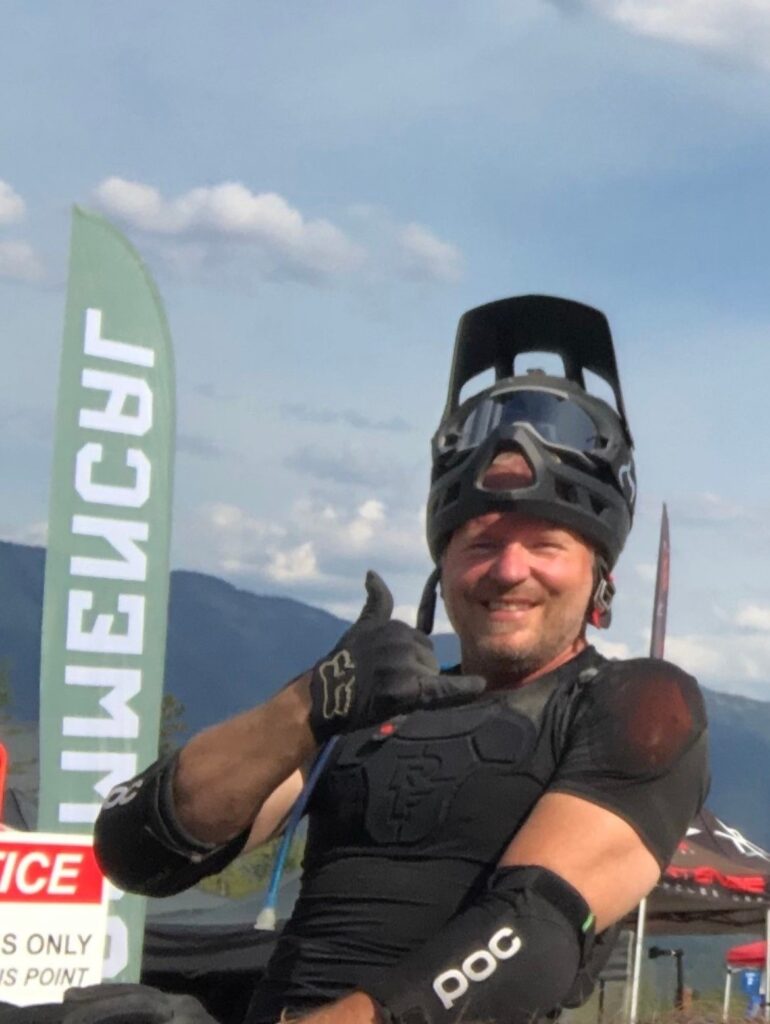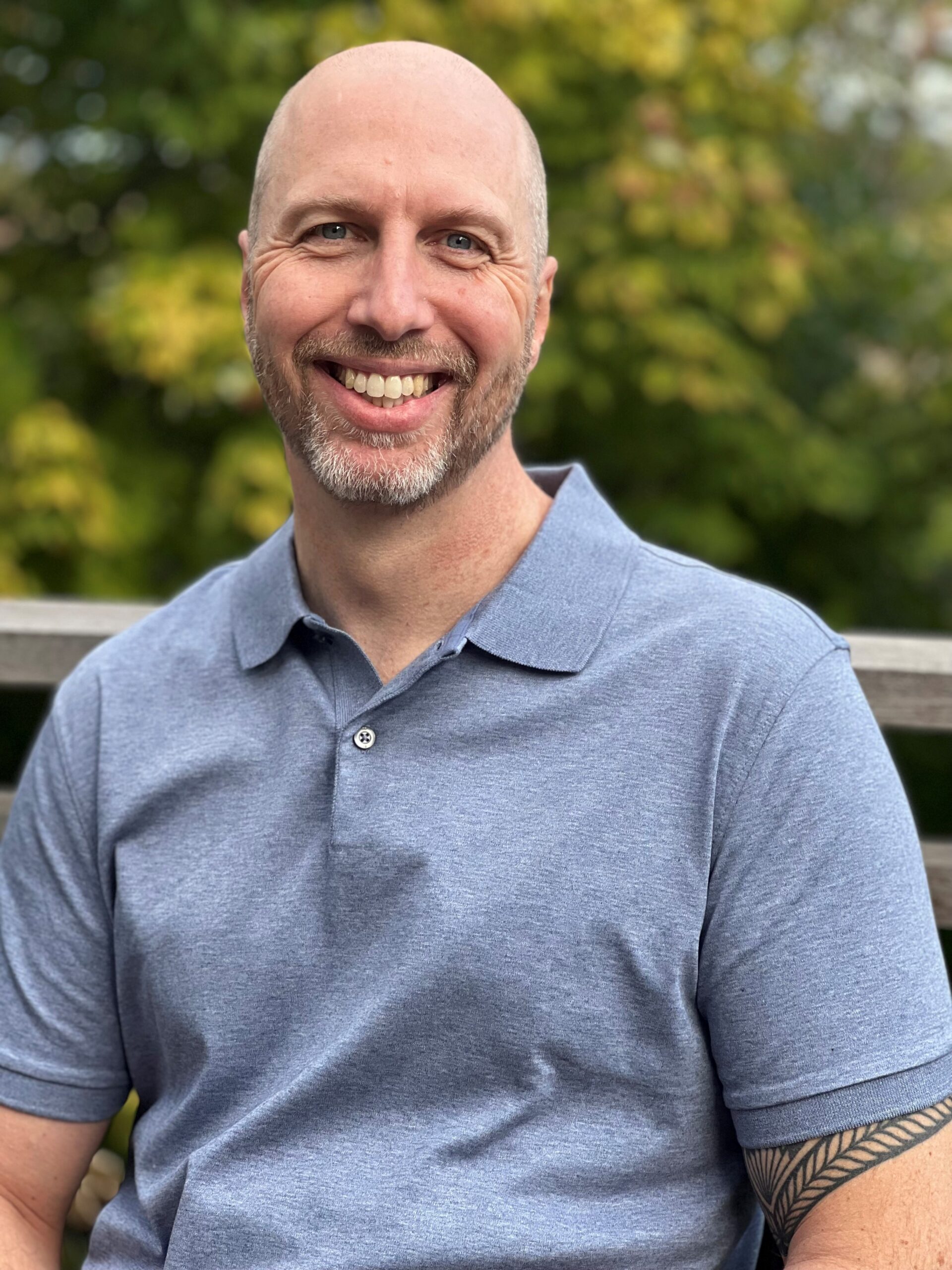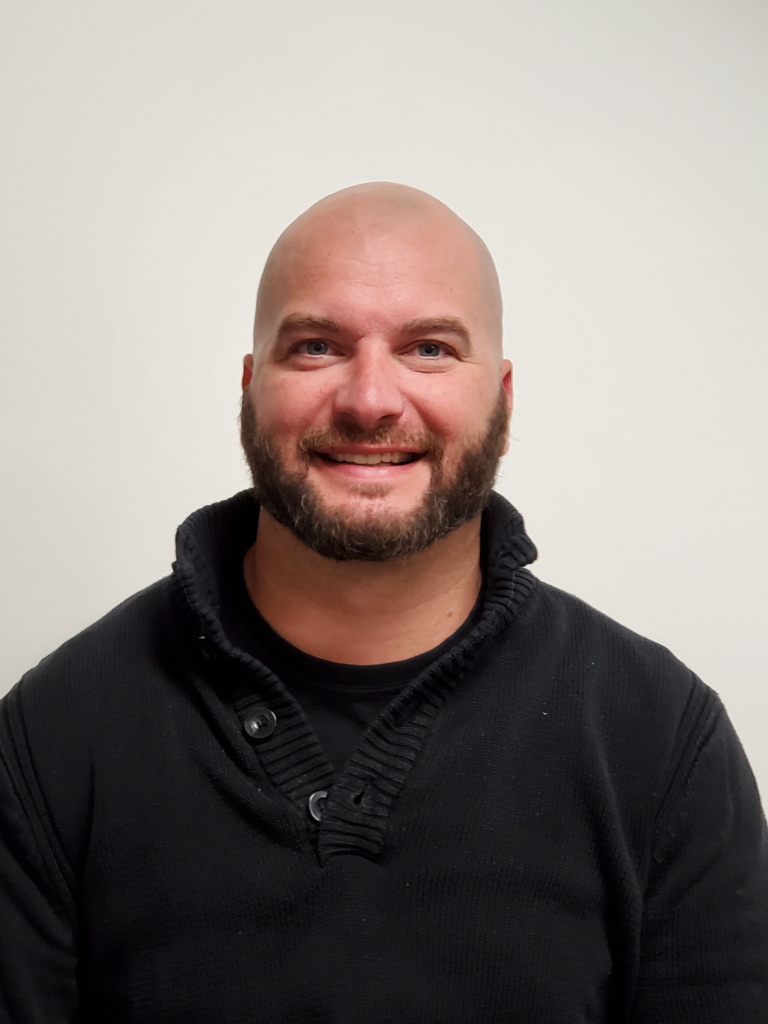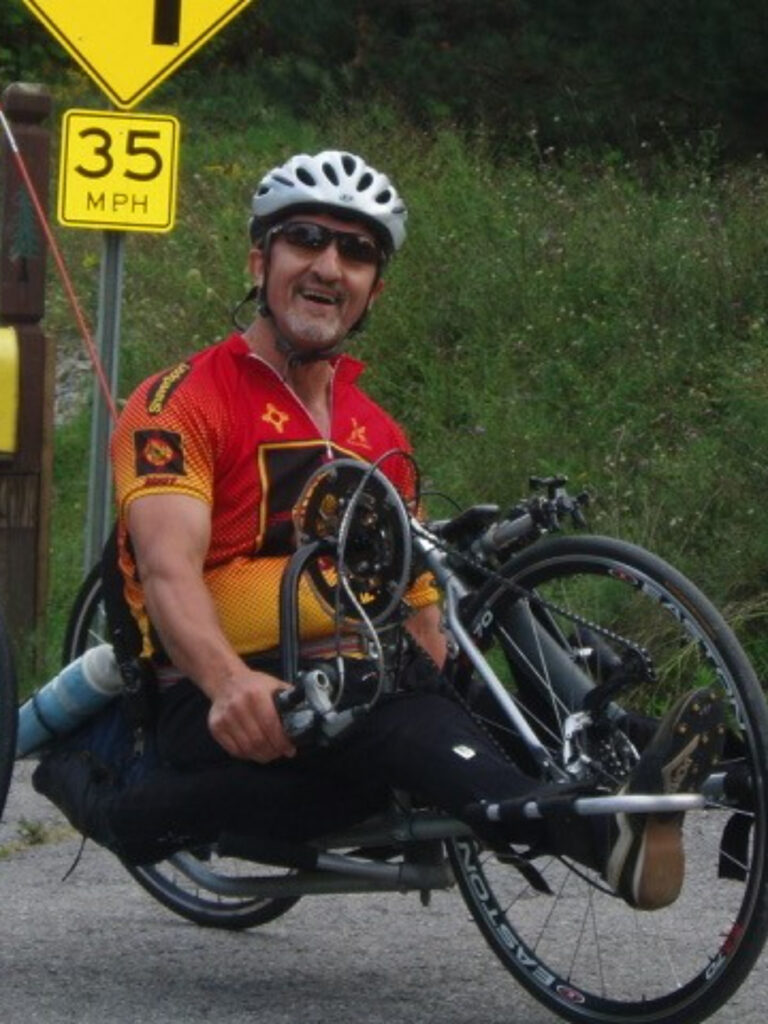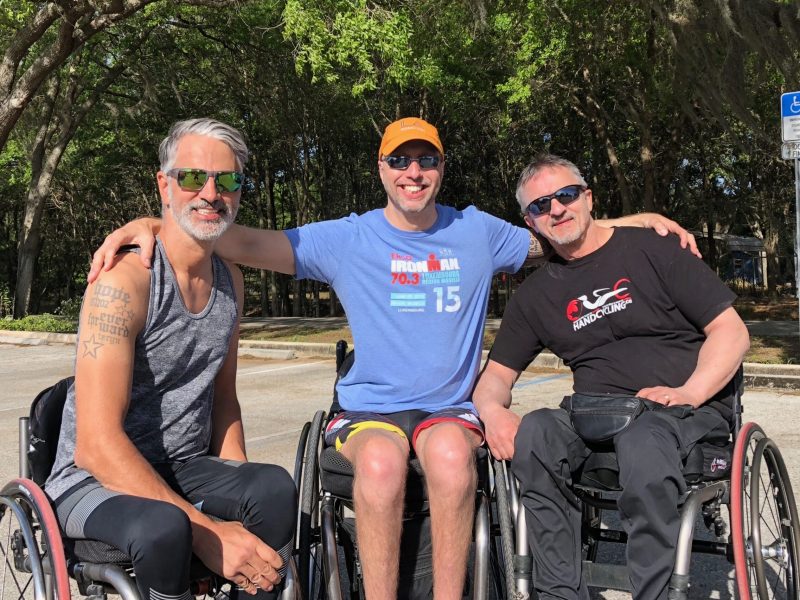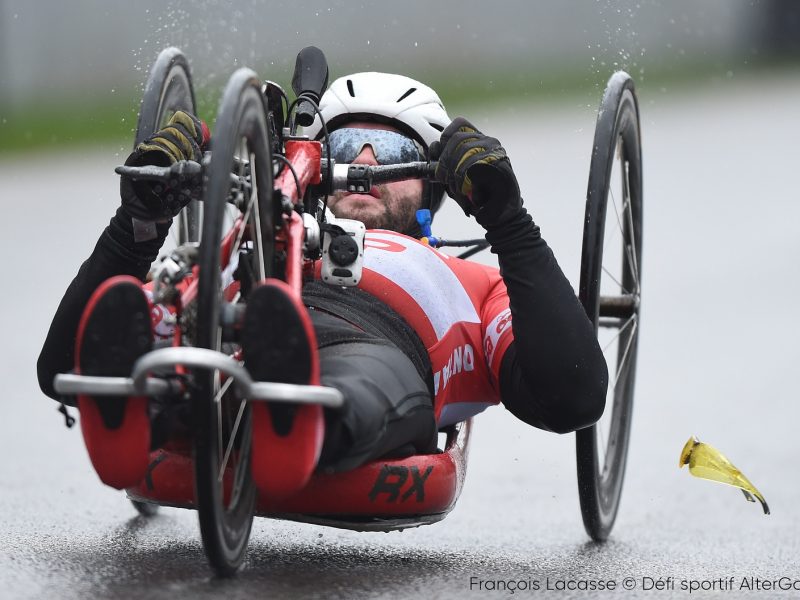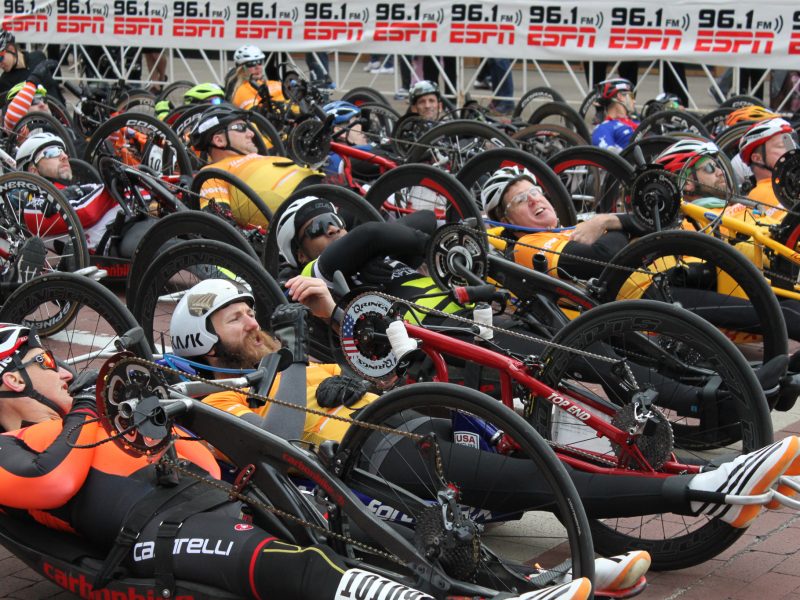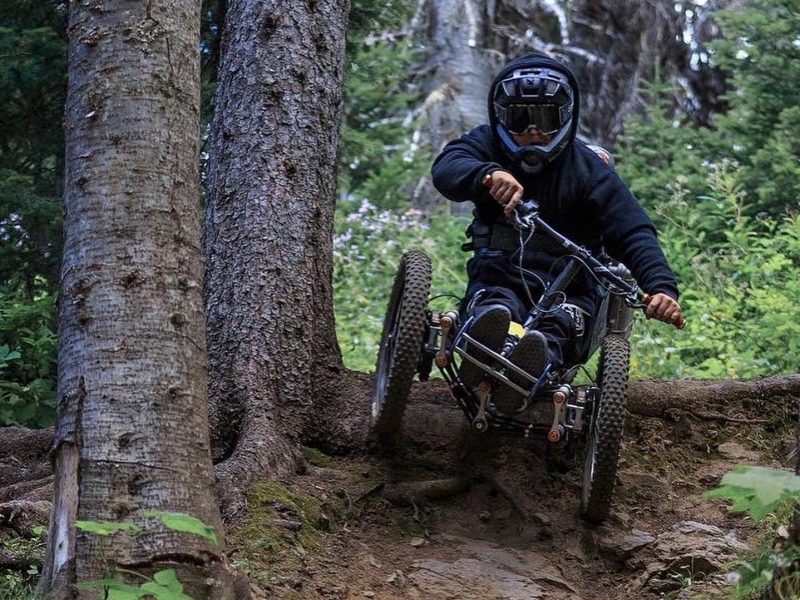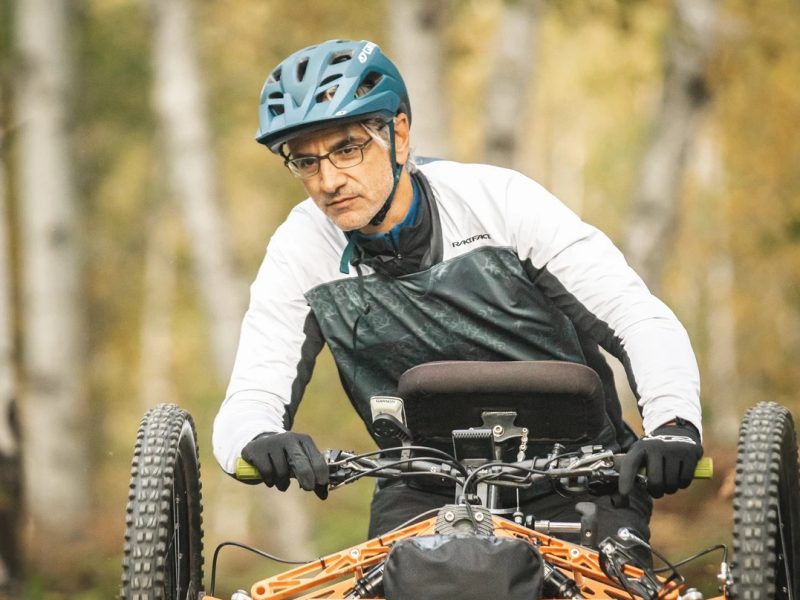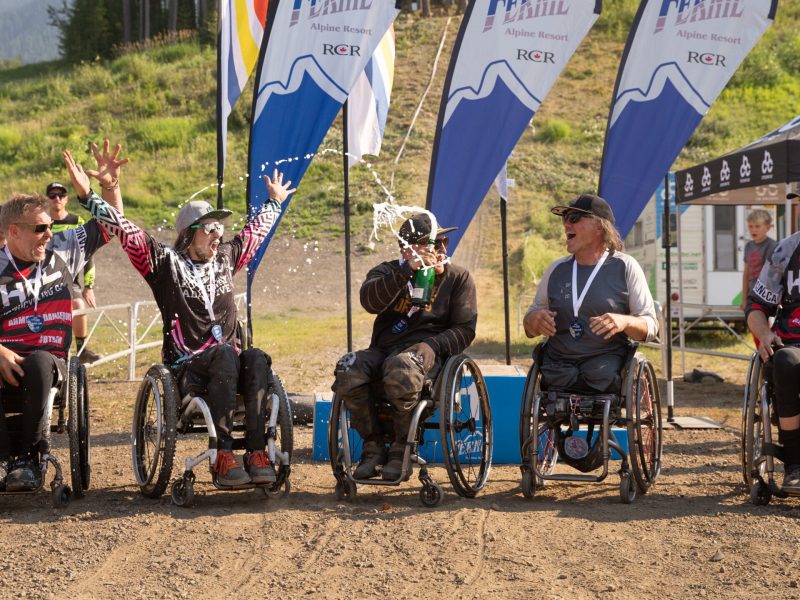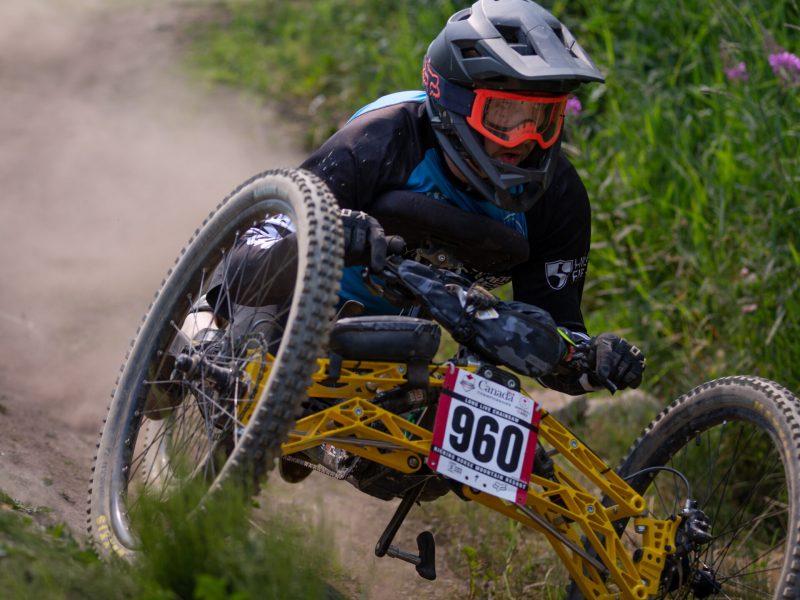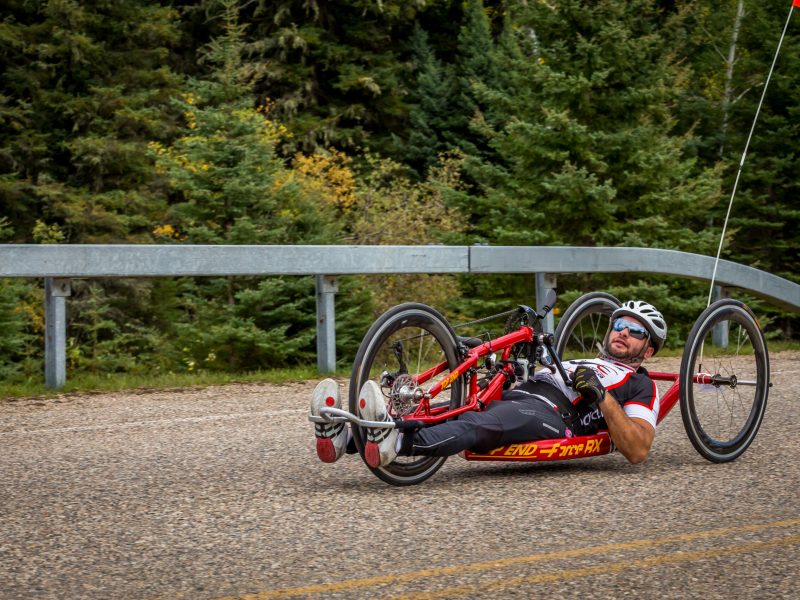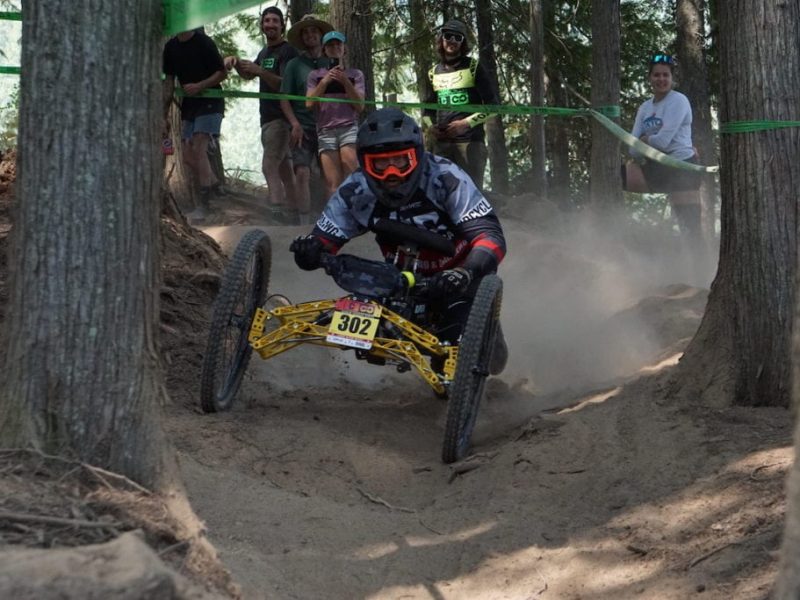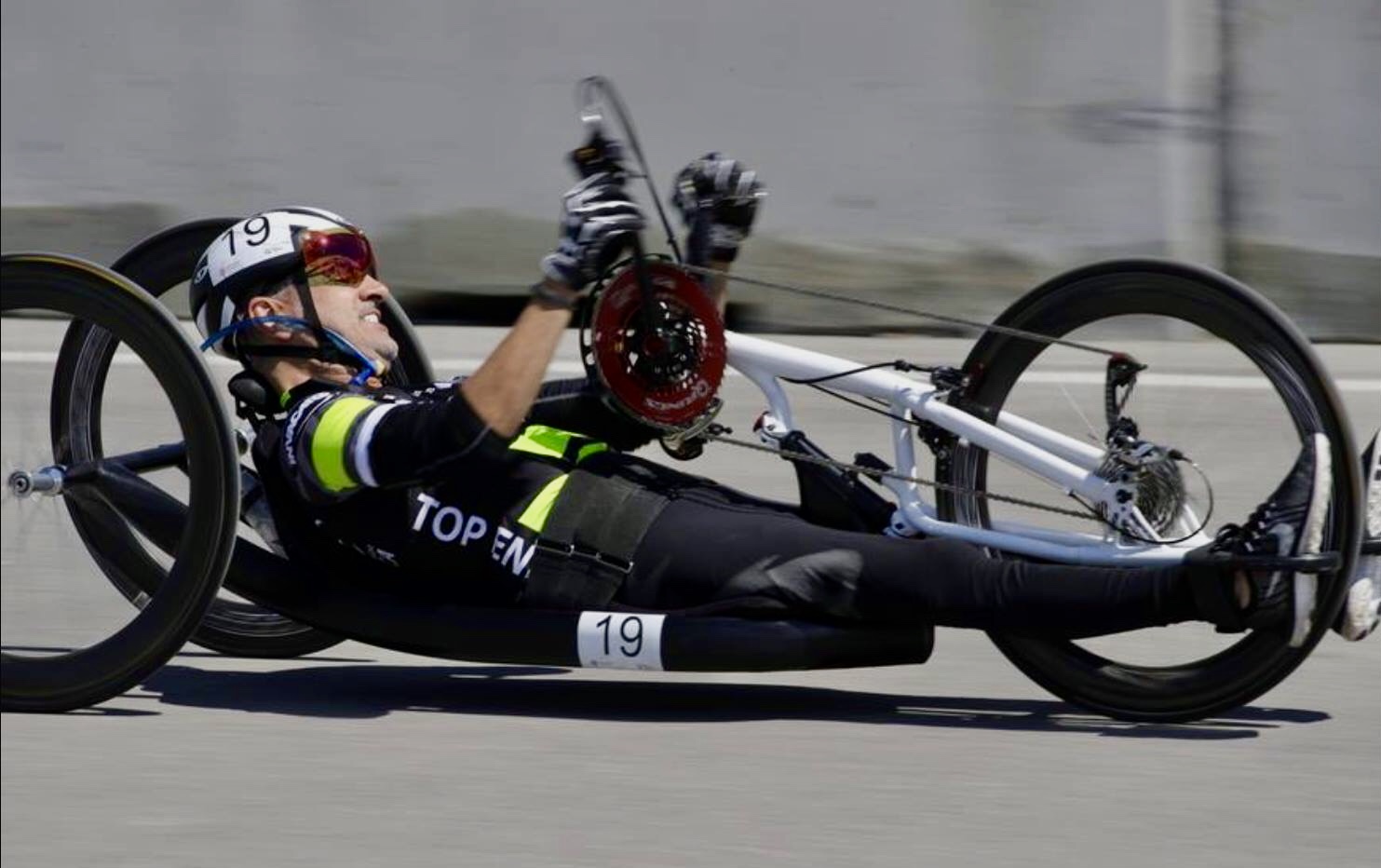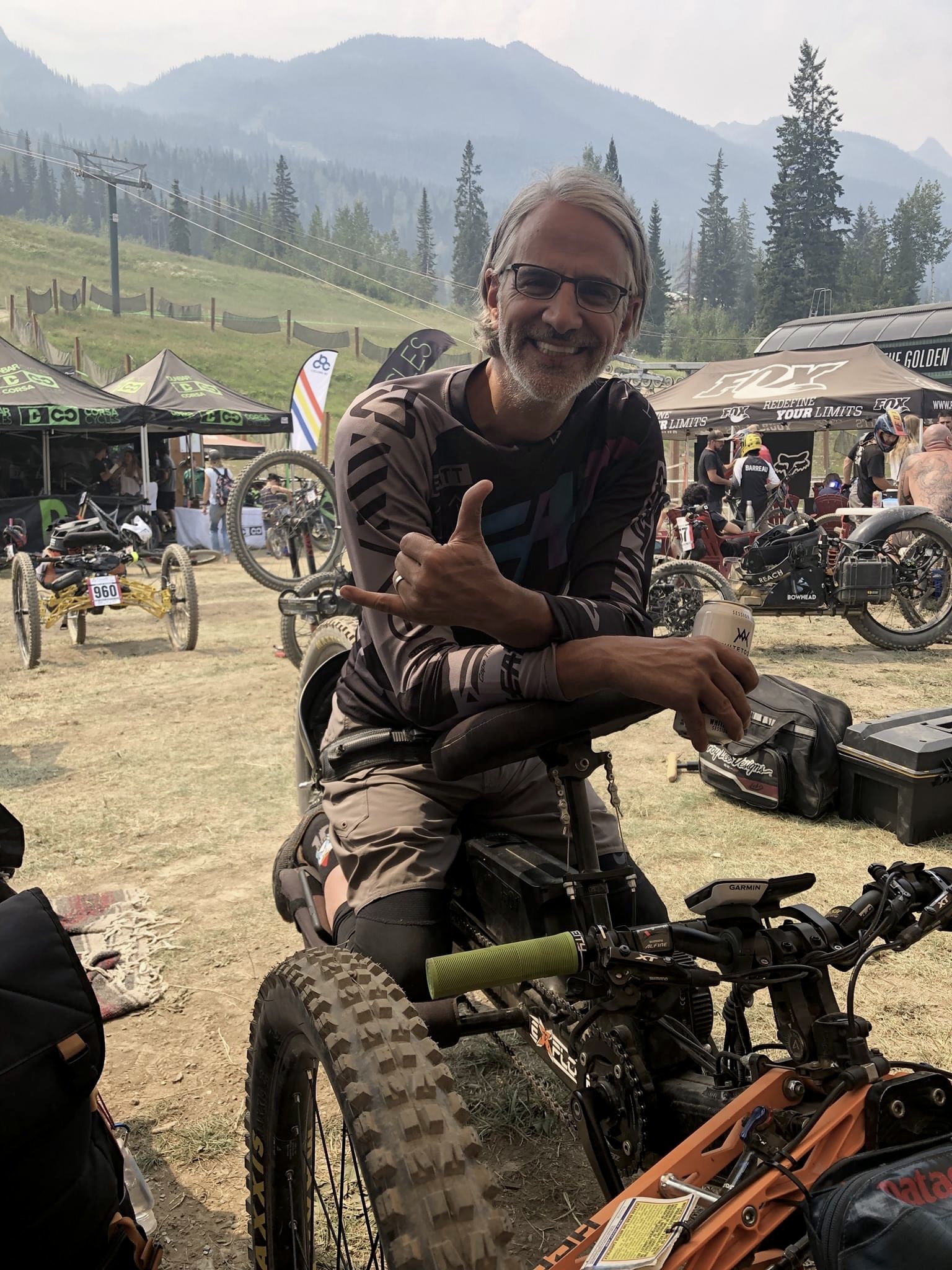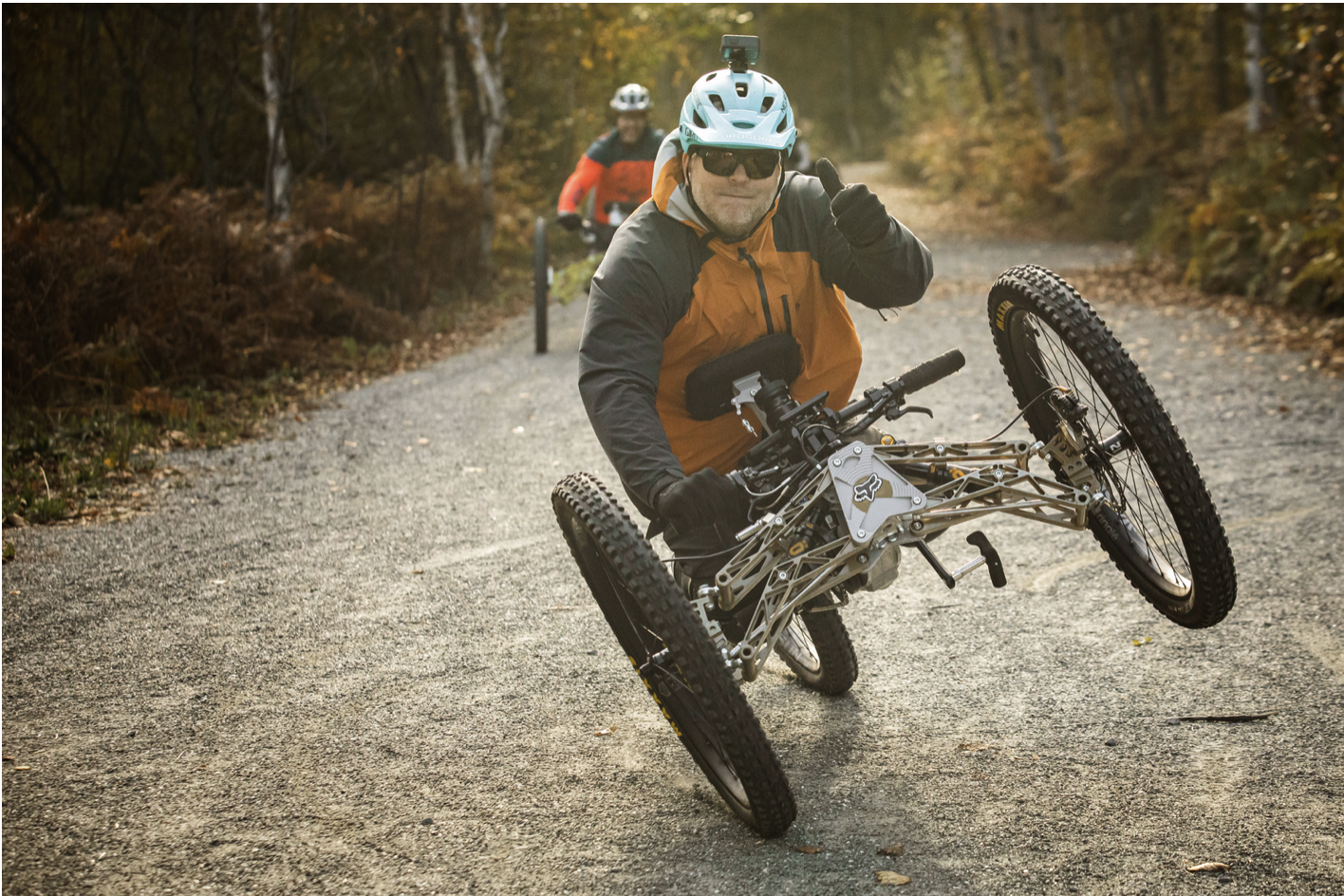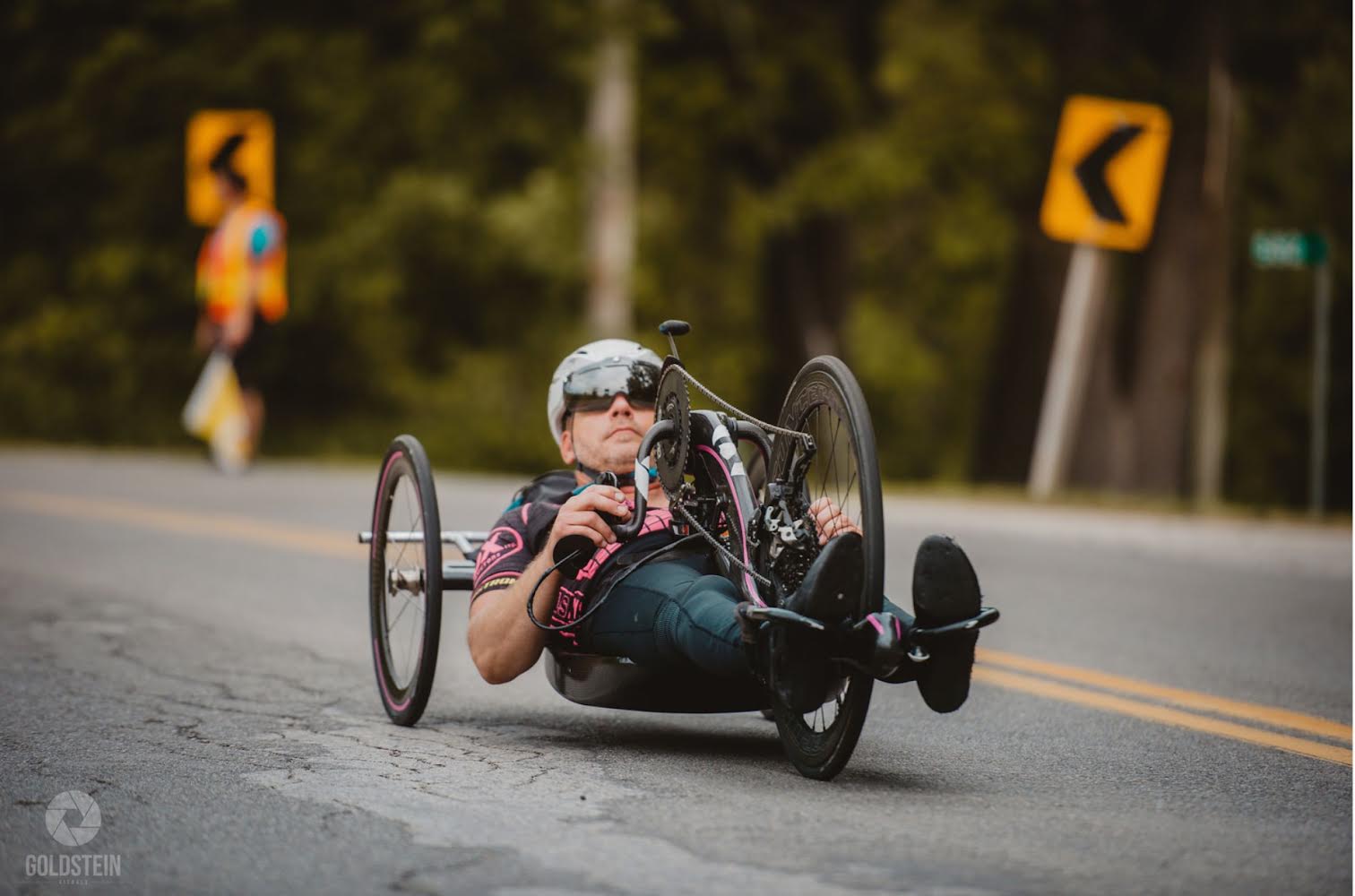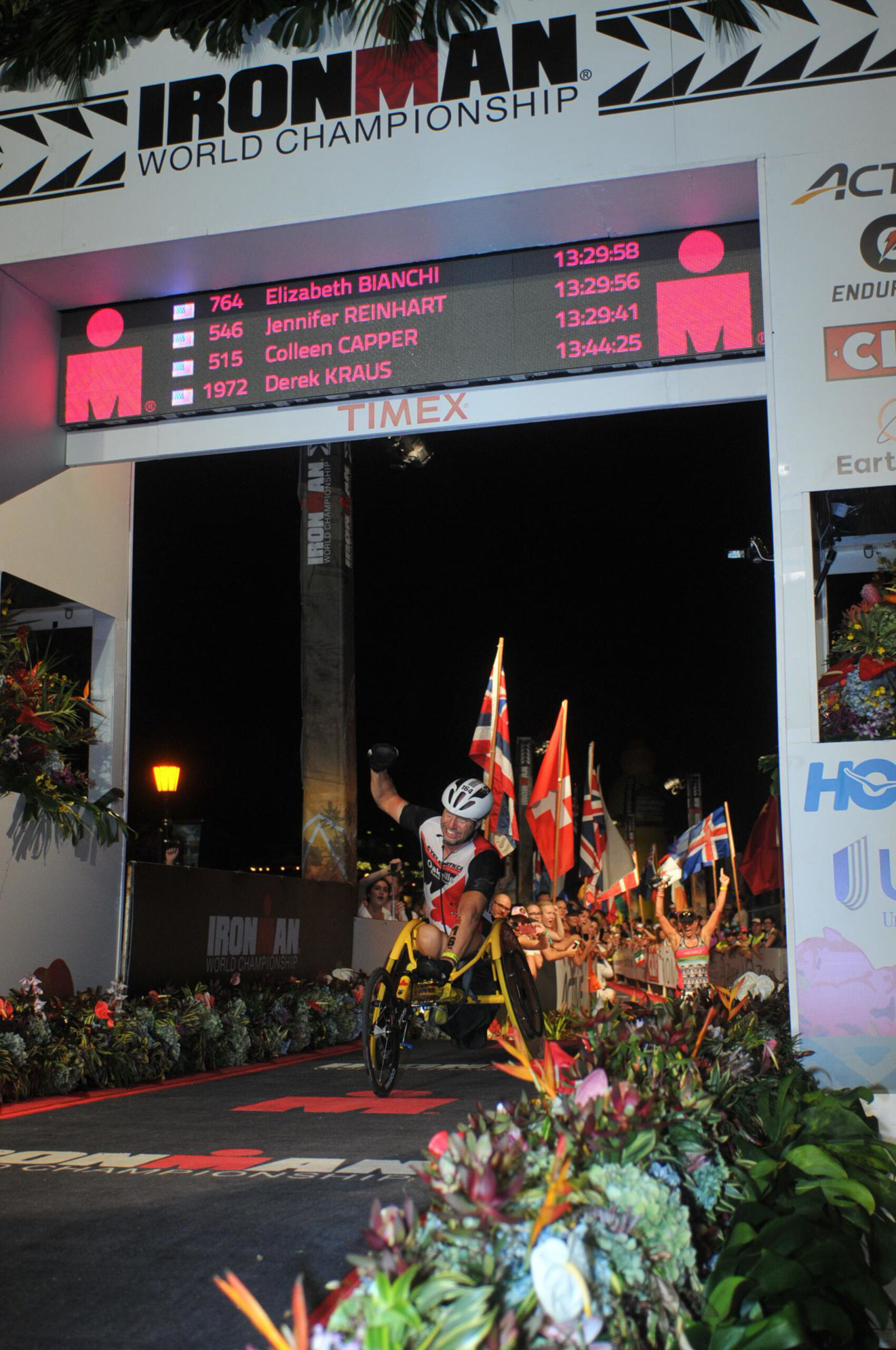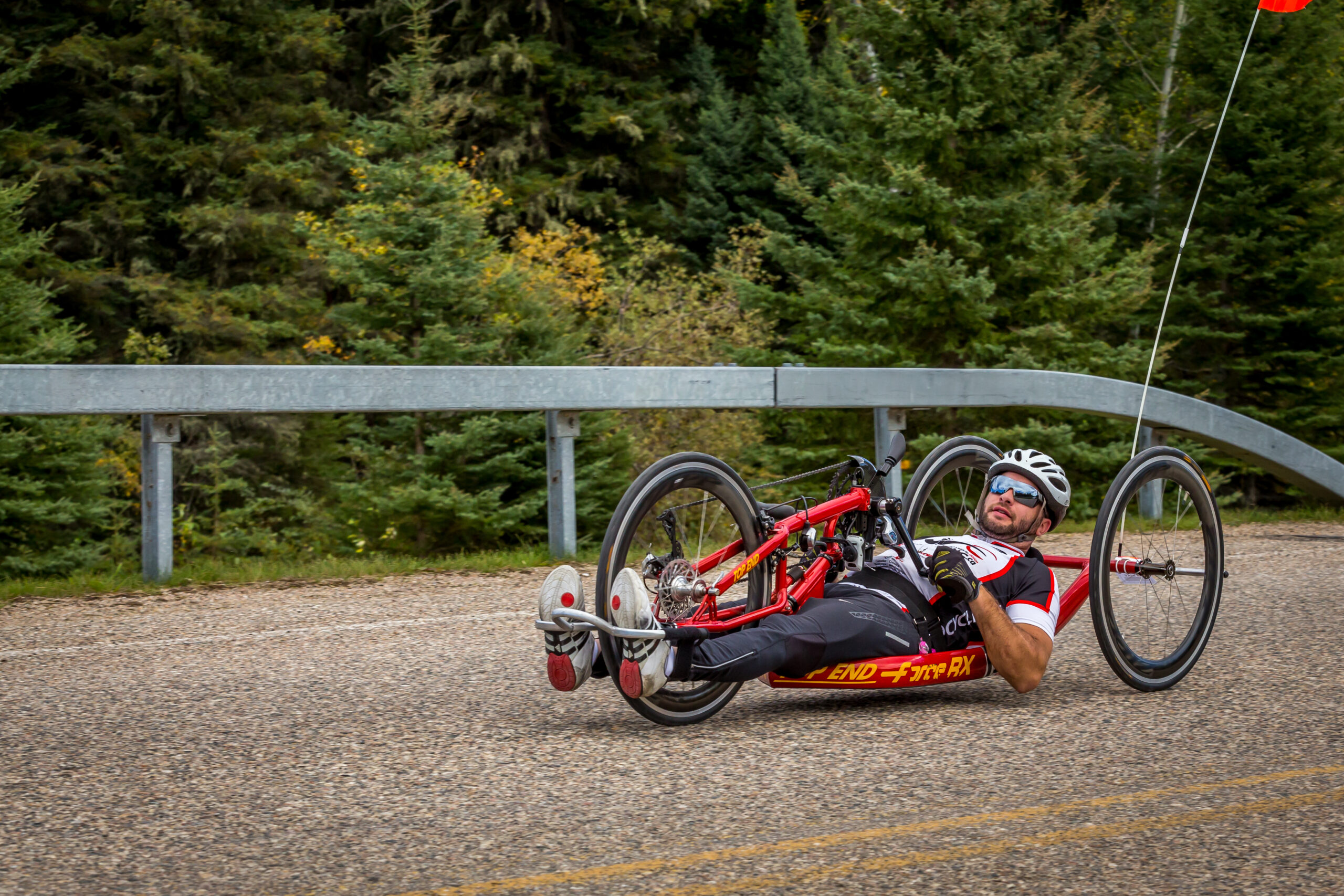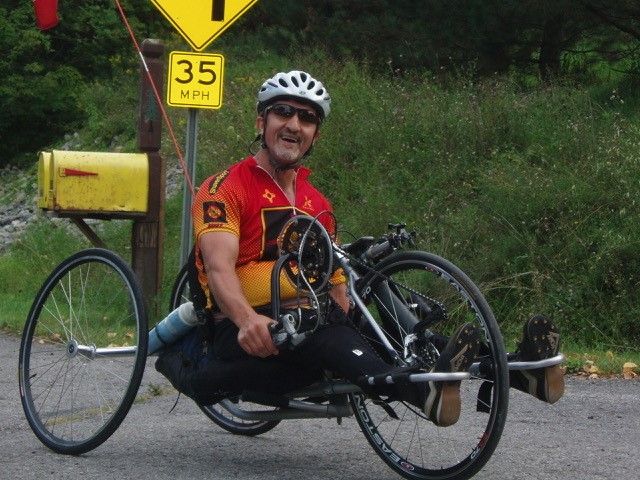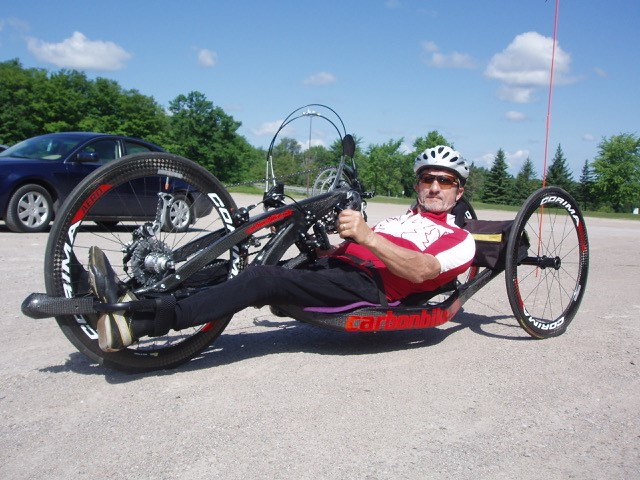About us
About us
The HCC mandate is to grow the sport of handcycling through education and participation. For most able-bodied children, learning to ride a bicycle is a significant event in their lives. Not only does cycling expand their worlds by providing the means to venture beyond their previous boundaries, but it also has a socializing function, enabling friends, family and strangers to come together and enjoy a common past-time.
The HCC is a national club. While founded in the Greater Toronto Area, individuals and organizations in all provinces and territories and welcome to contribute locally and nationally.
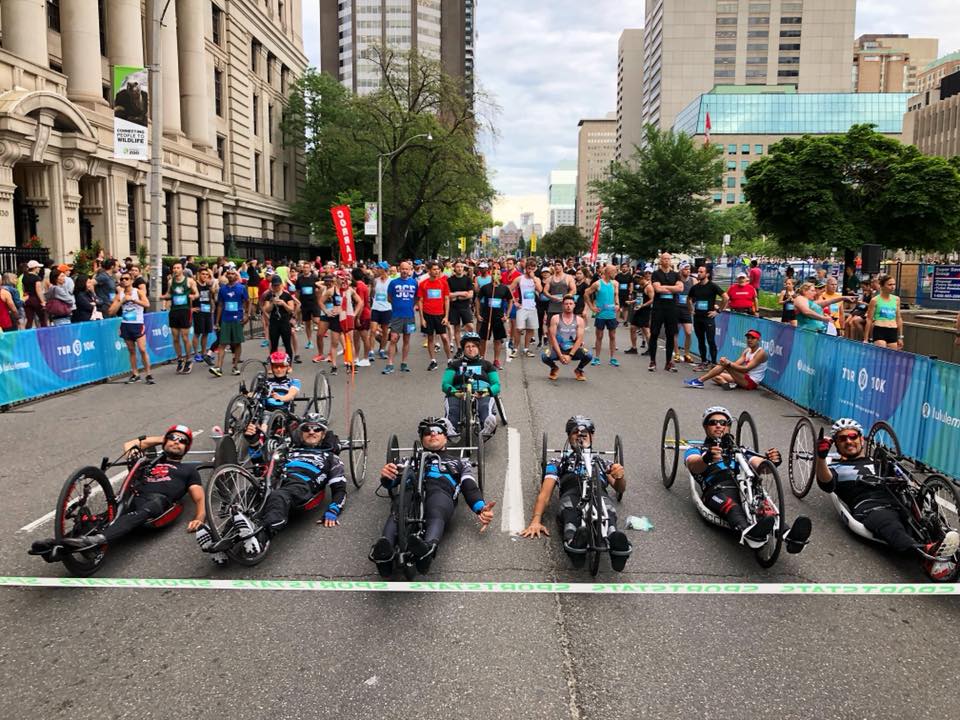
Origin
The original HCC Logo was a group accomplishment and is reflective of the days when we only had road handcycles.
Lots has changed since 2012, but there’s value in remembering our roots.
